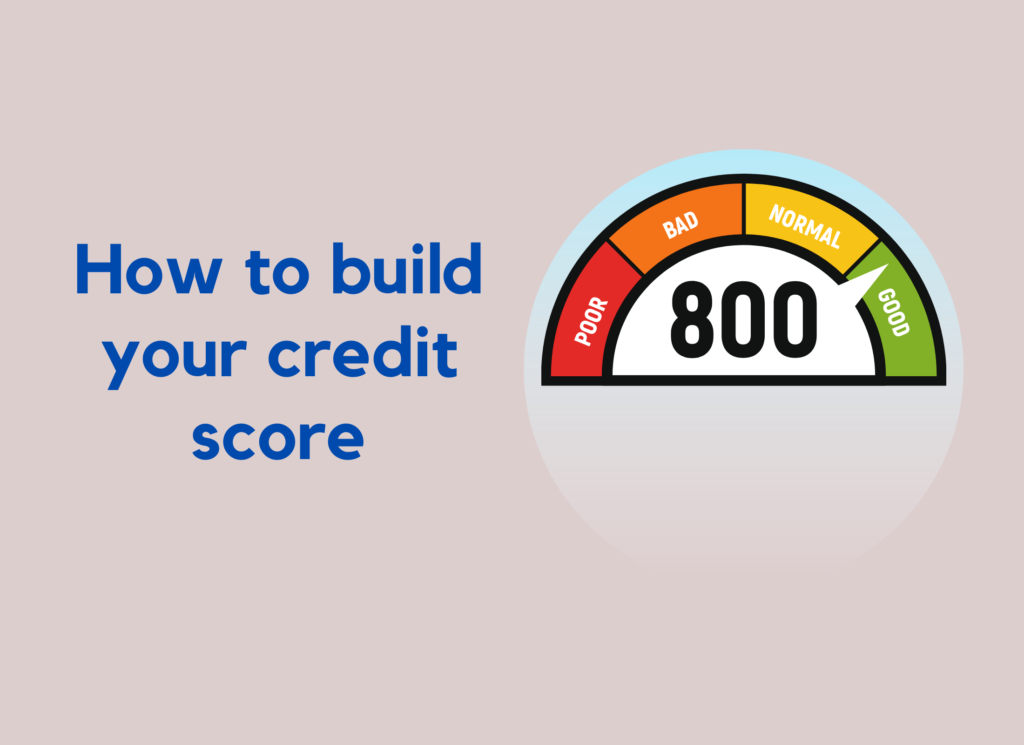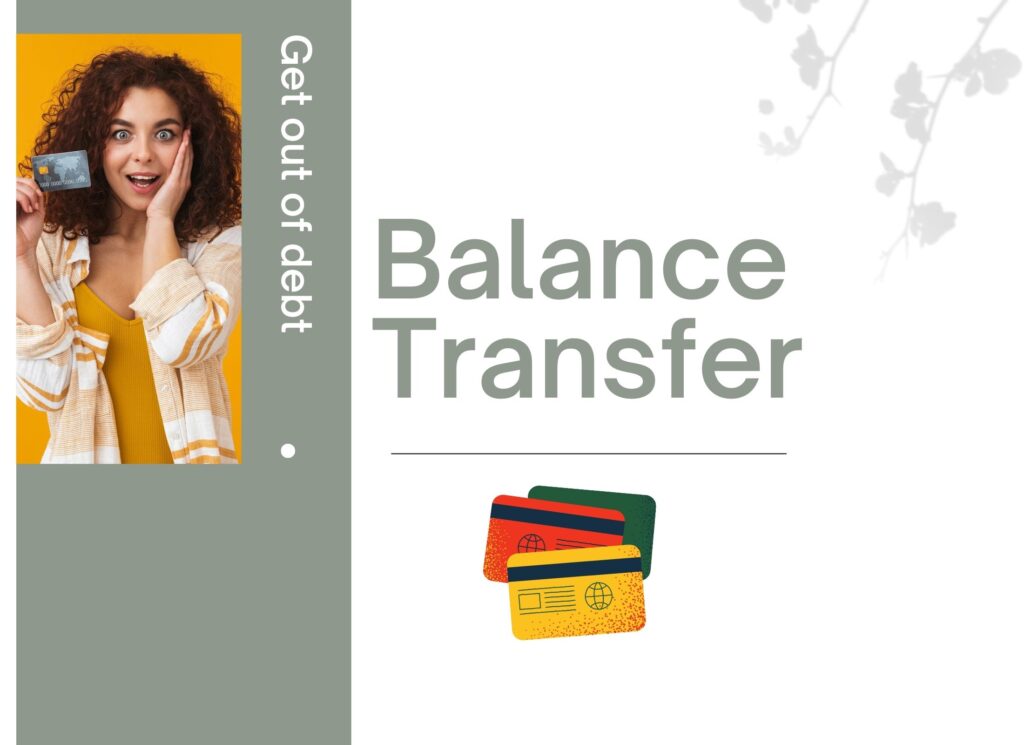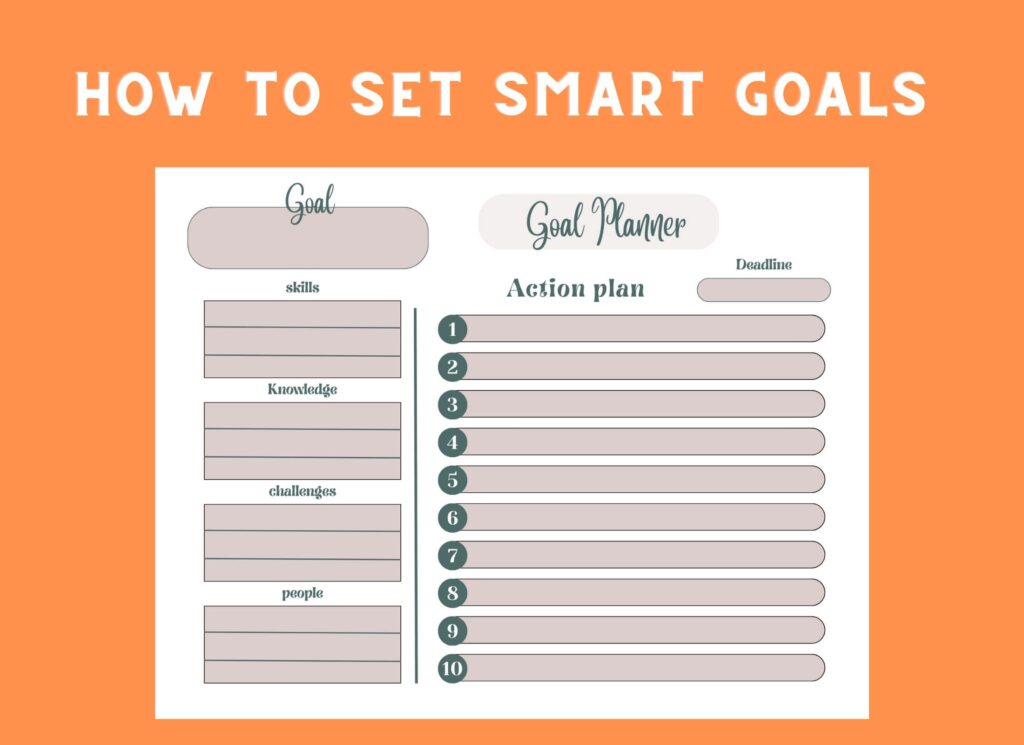If you struggle to get out of debt, you may benefit from consolidating your unsecured debts with a low-interest rate consolidation loan. This loan can give you the convenience of having one monthly payment to cover all debts. You may also get a better interest rate than you currently have. Lastly, you can be debt free in 24 to 48 months.
There isn’t any disadvantage as long as you get a low-interest rate on your loan. Some people may argue that it doesn’t help to consolidate the loans because you are just moving it from one place to another. However, I will say that as long as you get a lower interest rate, it is an excellent idea because it saves you money, and it is convenient to have only one monthly payment.
What is a consolidation loan?
Consolidating debt involves combining numerous unsecured debts into one fixed monthly payment. For instance, if you have multiple credit cards and medical bills, the consolidation loan will combine these debts into one monthly payment.
Is a consolidation loan a good option for you?
A consolidation loan is a good plan if the interest on the loan is lower than the interest you are paying on your debts. A lower interest rate will allow you to pay your debts faster because more money from your monthly payment goes toward the debts’ principal.
Who qualifies for a debt consolidation loan?
The loan approval will be based primarily on your credit score and ability to repay the debt. If you have a credit score of 690 or higher, you can quickly be approved and get a low-interest rate. However, you can’t get a low-interest rate if you have a low credit score.
Will debt consolidation hurt your credit score?
Consolidating your debts can go both ways – hurt your credit or build it. It all depends on you! Using a loan to pay off your credit cards lowers your credit utilization, which measures how much of your available credit you are using. As a result, your credit score will improve. Most importantly, making on-time payments will help you improve your credit score.
However, missing a payment will negatively impact your credit score. Also, when you apply for a consolidation loan, the creditor will do a hard inquiry on your credit report, affecting your credit temporarily.
Choosing the right debt consolidation loan
It would be best to look for a loan with a low APR (Annual percentage rates). The APR represents the annual cost, including all fees and interest charges. Choose a low rate with monthly payments that fit your budget so you don’t miss a payment.
Some lenders will charge you an initial processing fee which ranges from 1% to 10% of the loan. You can either add this cost to your loan balance or deduct it from the amount lent to you. If you remove the fee from your loan, make sure you borrow enough to cover the debt and the processing cost.
How to apply for a consolidation loan?
- Check your credit.
Start checking your credit so you know where you stand. If you see any incorrect transaction on your report, ask the reporting company to correct it. Getting approved depends significantly on your credit score, so fix anything under your control. Remember, the better your credit score, the lowers the interest rates. Also, there will be more lenders available for you to choose from.
You can also request a free copy of your credit reports from the three major credit bureaus using AnnualCreditReport.com.
- Figure out the amount you need to borrow.
List all debts you want to consolidate. Calculate the total amount due, which will be your consolidation loan amount. You can also use a debt consolidation calculator to see whether consolidating makes sense. Remember that some lenders will charge a processing fee which you may have to include as part of the loan.
- Choose the right loan.
Find the right loan for you. Personal loans for debt consolidation are available from online lenders, credit unions, and banks. Make sure you pick a loan with a lower interest rate than you currently pay on your debts. Also, ensure the consolidation loan fits your budget.
After shopping around, you may realize that credit unions offer a lower rate than traditional banks because they are not-for-profit organizations. Therefore, that may be a great option to keep in mind.
- Apply for a loan.
Once you have selected the lending company you want to borrow the funds from, submit your application. You will need your documents, such as proof of identity, proof of address, and income verification. Before you sign the loan, read the fine print carefully and ask questions about anything you need help understanding. Also, look for extra fees and confirm if the lender reports on-time payments to the three credit bureaus. If the lender report on-time payments, that will help your credit score.
- Close the loan.
Once approved, the lender will either disburse the money you borrowed among your creditors, paying off your old debts or deposit it in your bank account for you to make the payments.
If the lender chooses to deposit your money in your bank account, you should make the payment immediately. You want to stop the bleeding and avoid paying more interest on old debts as soon as possible. Also, you might spend the money on something else if it sits in your bank account.
Lastly, make sure you make your monthly payment on the consolidation loan on time. Any missed payment will hurt your credit score significantly, and you should avoid that – be consistent. It will pay off in the end when you become debt free.
Investing information provided in this blog post is solely for educational purposes. Neither IsaveFuture nor its subsidiaries offer advisory or brokerage services, and we do not recommend or advise investors to buy or sell specific stocks, securities, or other investments.



